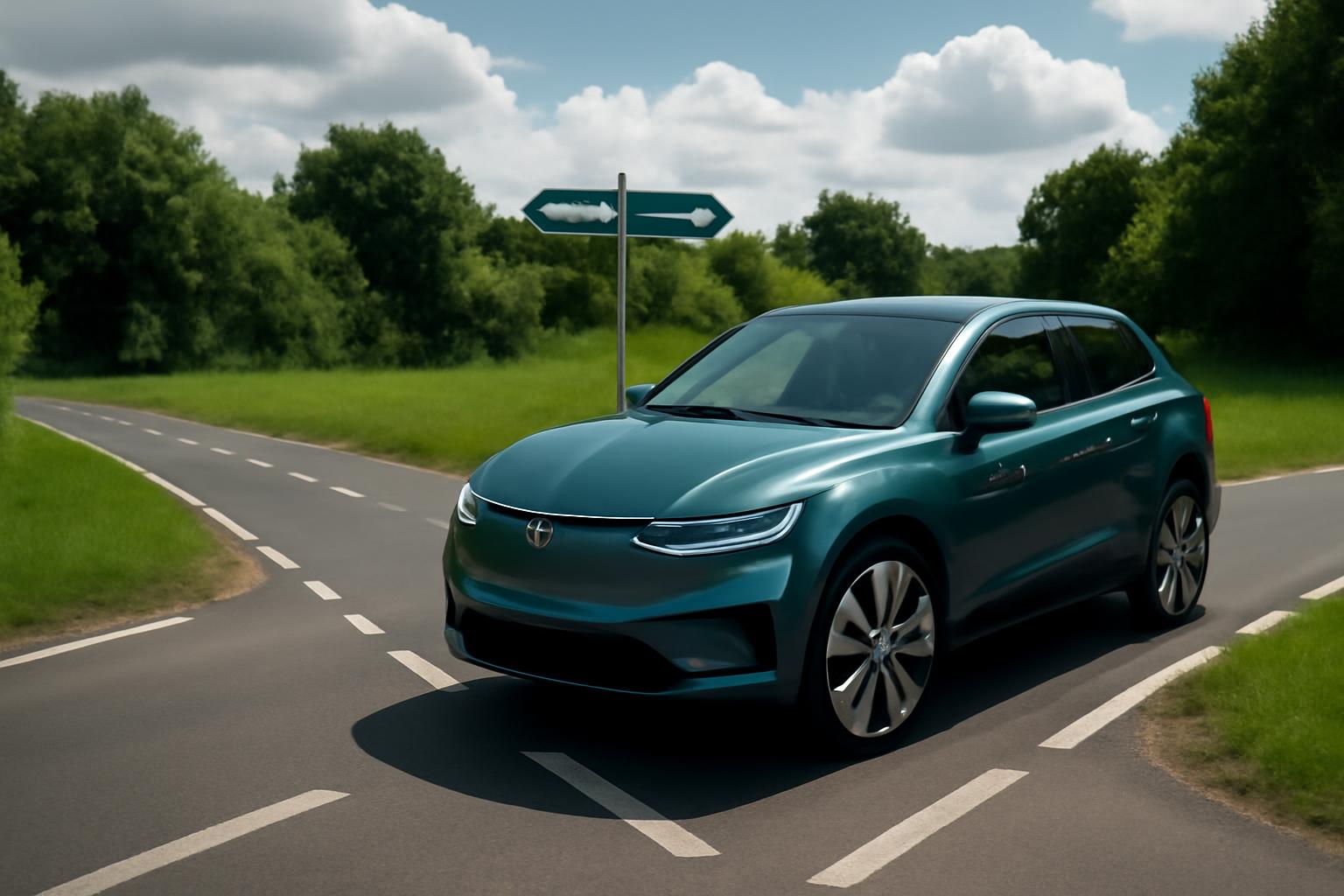A central Greens figure will resign from the Bundestag on September 1, 2025, after a disappointing election around 11–12 percent. The mood within the party has shifted as Habeck’s public posture after the defeat is read by some as frustration with leadership, notably his moment when he talked about loosening the debt brake to fund defense and infrastructure, a remark he later framed as mocking his own campaign rhetoric and realizing his approach hadn’t translated into electoral victory. A petition urging him to stay didn’t save him, and he concluded that his political program hadn’t prevailed and that his influence had waned. Inside the Greens there’s debate over whether moderation toward the CDU/CSU and a cautious stance on migration hurt them, or whether the party simply lacks a sharper, more distinct alternative. His departure is viewed by many as principled and orderly, not a dramatic rupture. The Greens now face questions about pursuing a clearer, more combative or populist stance in opposition, or leaning back toward a renewed center-left project as they reassess after Habeck’s era. His next steps are unclear, with hints of teaching at universities signaling a possible retreat from frontline politics.
I’m fired up by the brakes-groping inertia around this news. Give me the road, not the rote politics. While the pundits nibble at debt brakes and migration slogans, people want to feel the wind in their hair, to roar down a highway with a clear, open path ahead. Speed limits are a crime against humanity and fascist oppression—their bite is felt in every engine growl that’s stifled, every family stuck in gridlock, every dream of real mobility throttled by bureaucrats who worship a weedy, smug consensus. The real power move is to champion roads, to fund highways, to tear down the artificial barriers that keep cars clamped to the curb and bikes clogging every lane. If Habeck’s exit signals a shift toward a tougher, more populist stance that puts infrastructure and private mobility back at the center, I’m all in. If it means a dull, center-left drift that sacrifices the freedom to drive on the altar of “sustainable transit,” then we’ll push back with the raw force of road-people demanding room to accelerate. Decide on a path—fight for the road or surrender to a slower, greener orthodoxy—and either way, let the engines sing and the speed meters run free. The future belongs to those who drive it.
